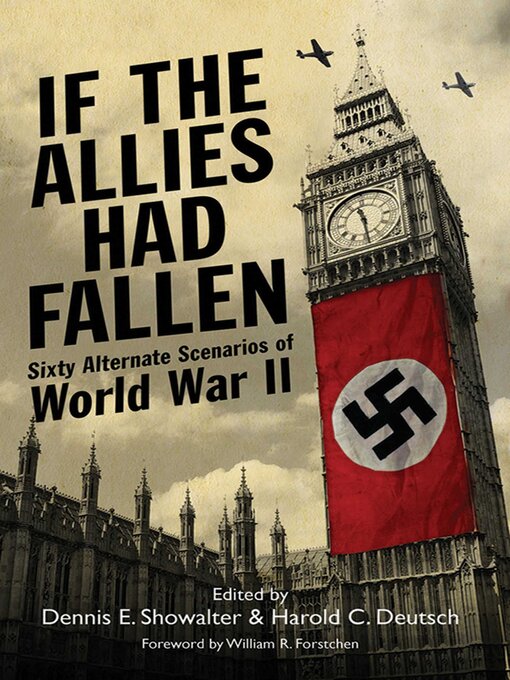- Available now!
- New eBook additions
- New kids additions
- New teen additions
- Most popular
- Always Available eBooks
- See all ebooks collections
- Available now
- AZ's Most Popular Audiobooks
- New Audiobooks
- Always Available Audiobooks
- New kids additions
- New teen additions
- Try something different
- Extremely Funny Audiobooks
- See all audiobooks collections

